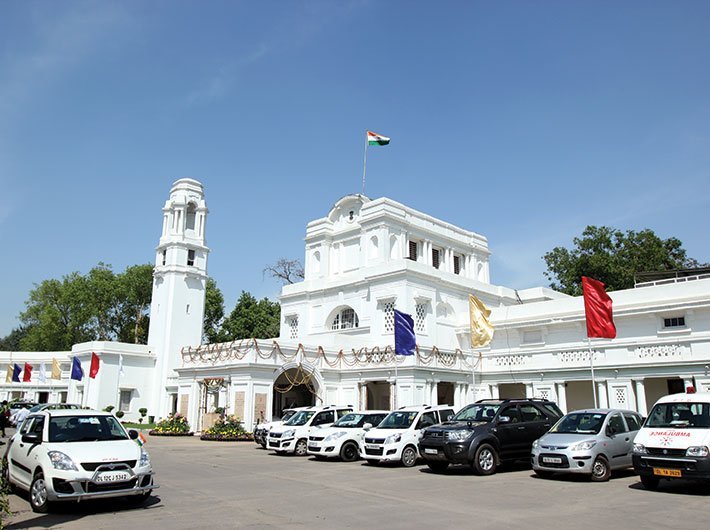In a first, the government has announced an outcome budget which will bring accountability to spending of public money
It seems that Delhi is slowly sprinting ahead of other states, in terms of being the lowest tax state. In the state budget announced on Wednesday, Delhi Jal Board’s revenue has gone up by a whopping Rs 178 crore, as Delhi government has decided to continue with its scheme of giving free water to households with 20kl or less consumption every month.
It hasn’t come as a surprise that for the third time the Delhi government’s “common man budget” has education and health sectors on top priority.
Deputy chief minister and finance minister, Manish Sisodia, announced that there will be no new tax slabs. Sisodia said that the total expenditure for the year 2017-18 will be Rs 48,000 crore against previous year’s Rs 46,600 crore. The government has also announced an outcome budget – a first for Delhi.
Education has got 24 percent of the total outlay with allocation increased from Rs 10,690 crore to Rs 11,300 crore; Rs 5,736 crore allocated for healthcare, a marginal increase of Rs 517 crore from last year’s Rs 5,259 crore.
Lowest tax state
Keeping up with promise to make Delhi the state with the lowest tax rate, the government has proposed a reduction of VAT on items like air turbine fuel (ATF) for airlines operating on regional connectivity routes, sanitary napkins and construction materials such as granite and plywood, blackboards and particle boards, among other things. Last year the government announced to make Delhi a state with the lowest VAT regime across the country. However the VAT slabs will be applicable only till GST is implemented. Once that is done, the VAT cuts will require a view under the GST framework.
Outcome budget
In a first, the government has announced an outcome budget; the Delhi budget has been planned outside of the traditional categories of plan and non-plan. The outcome budget will bring accountability to spending of public money.
“We have created the budget outside the tradition of planned and non-planned expenditure, as common man may not be able to understand this,” says Sisodia. This is the first outcome budget of Delhi and there will be quarterly monitoring to ensure performance. Sisodia termed this outcome budget as a contractual agreement between the government and its departments.
This outcome budget will fix accountability on spending every quarter. Sisodia said that if Rs 20 lakh is spent to build a mohalla clinic, then the government will check whether the building was constructed or not. "This is budget accountability, through the outcome budget we will also monitor how many people were benefited after the building was constructed. This will be monitored every quarter," he said.
According to the plan, government will set up a monitoring cell under the planning department which will further decide on how the department is functioning and will fix accountability for the expenditure of public money.
Social welfare policies
Compared to last year, the water department has received an additional fund of Rs 132 crore. The government will continue with its scheme of giving free water to households with monthly consumption of 20kl or less. As 12.57 lakh consumers are enjoying zero water bills, Delhi Jal Board’s revenue has gone up by Rs 178 crore.
According to officials, this has been possible due to existing consumers coming under the domain of metered connections to avail the scheme. Moreover, rebates and bill waivers given by the DJB have also helped in getting more consumers.
With this, the Delhi Jal Board has a mammoth task at hand this year. Not only do they have to provide piped water supply to each household by the end of the current fiscal, but also increase access to tap water. It has just started 24x7 supply to two south Delhi colonies and the government said that it was preparing a detailed plan to include more areas under the scheme.
